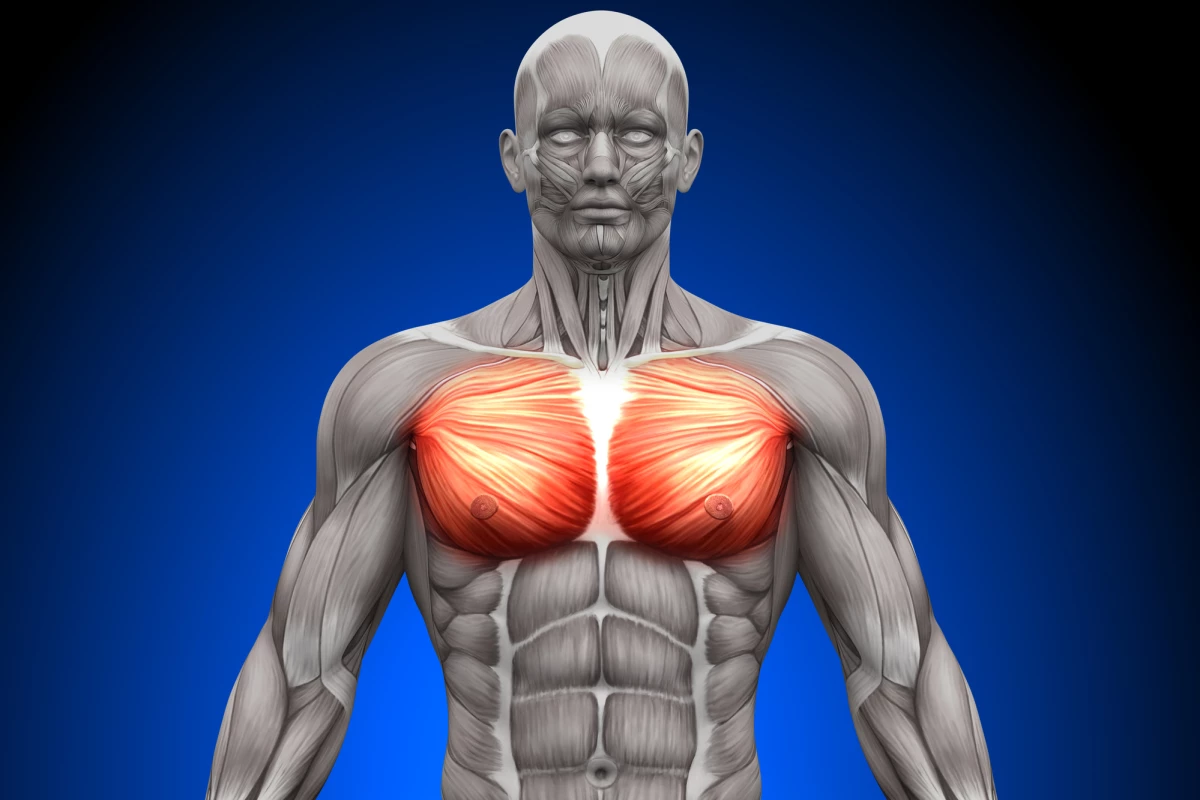With an eye to improving quality of life for the elderly and frail, scientists at the National University of Singapore have discovered a molecule that can promote muscle health when subjected to weak magnetic fields. This process is said to mimic some of the effects of exercise, with the team hopeful the technique can be used to stimulate muscle recovery for aging and diseased subjects.
The researchers started out looking to explore the possibility that weak magnetism can naturally interact with our muscles, so began their experiments by cancelling out the effects of all environmental magnetic fields and observing the effects on muscle cells. The scientists did indeed find that these cells grew more slowly in the absence of any surrounding magnetic fields.
The team then shifted its focus to a protein called TRPC1, investigating its role in muscle growth by deleting it from a set of genetically engineered muscle cells. These cells proved unresponsive to any magnetic field, until the scientists reinserted the protein in small vesicles, making the cells magnetically sensitive once again.
The magnetic fields used in the experiments were only 10 to 15 times stronger than Earth's magnetic field, but a lot weaker than a typical bar magnet. This suggests that this type of weak magnetism could be a sweet spot for promoting good muscle health, with the protein TRPC1 acting as an antenna. The experiments also “strongly support the notion” that Earth’s magnetic field drives biological responses by interacting with muscle cells, according to the team.
This builds on previous research from the scientists that uncovered correlations between magnetic fields and rejuvenated cartilage, regulation of the gut microbiome, fat burning and insulin sensitivity via response in TRPC1 and muscle cells.
“About 40 per cent of an average person’s body is muscle,” says lead researcher, Alfredo Franco-Obregón. “Our results demonstrate a metabolic interaction between muscle and magnetism which hopefully can be exploited to improve human health and longevity.”
Keeping our muscles healthy through exercise can help our bodies keep on top of weight, blood sugar, cholesterol and other aspects of metabolic health, but for those suffering from injury, disease or old age, exercise mightn’t always be a viable option. The scientists hope that this technique can be used to mimic its effects as a way of restoring muscle health in these subjects.
“The use of pulsed magnetic fields to simulate some of the effects of exercise will greatly benefit patients with muscle injury, stroke, and frailty as a result of advanced age,” says Franco-Obregón.
The research was published in the journal Advanced Biosystems.
Source: National University of Singapore





